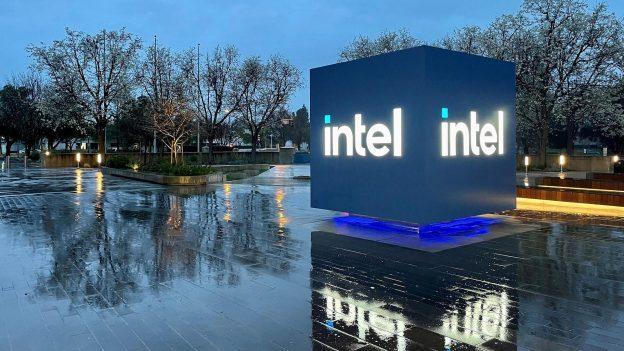CES 2026: How Emerging Technology is Shaping the Year Ahead
An expert breakdown of CES 2026, exploring how robotics, intelligent devices, and next‑gen computing are shaping technology and professional workflows in 2026.

Intel will lay off 15,000 employees and enforce a four-day in-office workweek starting September 2025, signaling a major shift in post-pandemic workplace norms and tech industry restructuring.
Table of contents [Show]
Intel is making headlines again, but not for innovation this time. The semiconductor giant has announced a major workforce overhaul and a dramatic return-to-office policy set to begin in September 2025.
In a memo to employees, Intel CEO Lip‑Bu Tan confirmed that the company will reduce its global headcount by 15 percent—impacting approximately 15,000 jobs. This sweeping cutback follows a year of industry-wide belt-tightening as AI-driven automation, declining PC sales, and competitive pressures reshape the landscape of hardware manufacturing.
According to Intel, the layoffs are part of a “long-term operational efficiency plan,” aimed at refocusing its investments on AI chip development, foundry services, and next-gen semiconductor fabrication.
But it’s not just jobs that are being cut. Intel will also mandate a four-day in-office workweek for all full-time employees, starting September 2025. This marks a sharp pivot from its previously hybrid or remote-first flexibility during the COVID-19 pandemic era.
Lip‑Bu Tan emphasized the move is meant to reignite in-person collaboration and accelerate innovation cycles, a rationale increasingly shared by tech leaders amid productivity concerns tied to remote work.
Intel’s decision arrives during a wave of change across the tech sector. Many companies, including Amazon and Meta, have already begun tightening remote work policies. The layoffs, meanwhile, echo a broader trend in which AI automation is beginning to displace mid-tier and even technical roles.
For Intel, this is also about strategic repositioning. The company is investing heavily in building AI-centric chips and regaining its lost edge against competitors like AMD and NVIDIA. These changes, though painful, appear to be a signal that Intel is getting leaner to get smarter.
An expert breakdown of CES 2026, exploring how robotics, intelligent devices, and next‑gen computing are shaping technology and professional workflows in 2026.
A thoughtful exploration of how modern AI tools are reshaping professional productivity in 2026, with practical insights, real world scenarios, and an honest look at limits and tradeoffs.
Looking to supercharge your productivity? Explore our comprehensive guide to the top 10 AI productivity tools offering free trials in 2026. From intelligent writing assistants to automated project management, discover which AI tools can save you hours every week. Get detailed comparisons, pricing breakdowns, and expert tips to choose the perfect tools for your workflow.
